Consider a map that displays three continents representing thinking, feeling, and doing. Depending on the continent you identify with the most, you perceive the world around you from a distinct perspective. If you look closely, you might be able to identify different countries, each with its unique culture, language, history, and laws. One of these countries is your inner home, where you feel secure and comfortable and from where you steer your life forward. This inner home shapes your thoughts, perceptions, and actions and profoundly impacts your life. Although you might eventually find your home on any of the continents, your roots remain a crucial and unalterable part of you.

As we go through our lives, we encounter various tasks and topics that need our attention. These tasks can be categorised into three areas: action, cognition, and relationship.
Action tasks require us to be physically active. For instance, if we want to drink coffee, we must make or fetch it ourselves.
Cognition tasks require mental competencies. It includes tasks that require us to think, analyse, weigh up, plan, and develop a strategy.
Relationship tasks involve empathising, understanding, and interacting with people or situations. It encompasses everything that requires us to relate to people or situations.
Every daily task we experience is either one of these three types or a combination.
Thinking, feeling and doing are our three primary life skills. From childhood, every human has developed a particular preference for feeling, thinking or doing. Although we all have these three main life skills, we have unconsciously made our strengths or preferences one of these three areas.
We all have three life skills – thinking, feeling, and doing. These skills help us deal with different aspects of our lives. For instance, we use empathy, communication, and understanding skills to address relationship issues. We rely on our ability to analyse and rationalise to gain insight into specific problems. And we use our ability to take action to tackle challenges that require action.
Many possess practical, emotional, and mental skills, but we must often work on utilising them correctly. This is because, during our early years, we become experts in one of these three skills, depending on our environment. We develop one of these skills into a natural talent, and it becomes our preferred strategy. Even if we all can think, feel and do, we tend to use the one method we know best.
These methods determine how one responds to life’s challenges—pragmatically and structurally, emotionally and yieldingly, or reservedly factually. This particular expression and aptitude of one of the three life competencies is called a disposition. It is a typical way of experiencing the world and reacting to it.
Being particularly good at something naturally has many advantages. Other skills, on the other hand, may be neglected. This individual inner dynamic influences our way of seeing the world and mastering life. In addition, there are other typical and personal characteristics. All this makes people unique but can also bring about many conflicts, misunderstandings and difficult situations.
In psychography, there are three basic natural types: the doing type, the relationship type, and the thinking type.



The “doing”-type
People with an action-oriented disposition are confident, pragmatic and assertive. They exude a particular strength and natural authority, often without realising it. These individuals are decisive, know what they want, and are unwilling to compromise. They are advocates of fairness and justice and are fearless in speaking up for what they believe in.
Action-oriented individuals are natural leaders who typically focus on the bigger picture and what needs to be done. They define themselves through action and problem-solving and take responsibility for their actions. They have high expectations for themselves and others.
Action-oriented individuals value teamwork, whether it is within a team, a group, or a family. However, they are only sometimes available for the group. On the contrary, they like to be out and about, directing and leading. However, they can sometimes be critical or combative because they are so good at their work.
When upset, action-oriented individuals can become very angry. They appreciate a direct approach and do not tolerate whining. They respect assertive individuals and make clear announcements without hesitation.
It’s important to acknowledge that some people may present themselves as rough and challenging, but deep down, they have a kind heart. However, they often conceal their true feelings so well that it can be hard to see past their exterior as individuals prioritising function over emotions. As a result, they may appear more stern than they are. These people value their freedom and dislike restrictions.
The “feeling”-type
The people- and feeling-oriented relationship types differ in their tendency towards communication and connection. These individuals are empathetic, warm, approachable, and excel at dealing with people. They are eager to establish good relationships with those around them but often prioritise others’ opinions and expectations over their boundaries, leading to excessive altruism.
Relationship types are charismatic, curious, fun-loving, and spirited. They are emotionally sensitive and can be quickly excited but often lose interest just as quickly. Their mood swings can be intense due to their emotional perception of the world, and they often suffer because of this.
People with relationship-oriented personalities seek to be liked and recognised by others, which gives them inner security. They put much effort into achieving this through their appearance, accomplishments, or commitment to others. They tend to prioritise others over themselves and are often selfless, making others feel comfortable and loved in their presence.
Their primary desire is to feel loved, and they may feel small and insecure when they don’t feel understood or included. Despite being respected, successful, and confident, they may still harbour feelings of inadequacy and inferiority. As a result, they may feel restless or driven internally, even if they don’t show it outwardly. This inner conflict may cause them to act impulsively or recklessly, and they may later regret their behaviour.
The “thinking”-type
People with a matter-of-fact disposition are rather reserved but excellent observers. They prefer to avoid being the centre of attention but are extraordinarily reliable and consistent. Above all, they are very loyal. They need time to decide because they want to weigh up all the details. These people love familiar things, like sticking to rules and are rarely spontaneous.
They prefer to react rather than assert themselves. They need a lot of perseverance to make changes. Factual types want, most of all, to be understood and taken seriously. Accurate types have intense feelings and are very vulnerable. But they hardly show this to the outside world. They work things out with themselves instead of being active outside and don’t say everything they feel or think.
They tend to wallow up in an inner prison of thought and endure or sit out a mixture of pessimism and insufficiency for a long time. Enduring, waiting, and postponing are among their preferred fact-type strategies. They are often conflict avoiders and pay a high price for this. While they give others space, they usually feel that their wishes, expectations and needs are being ignored. These people must learn to grow into their true greatness and to stand up for themselves and their limits. If necessary, even fighting for them.

“Treat others how they want to be treated.”
This is a much better-guiding principle than the well-known adage that says you should treat others as you would like. By understanding your nature and the differences in the life strategies of your partner, friend, or family member, you can clarify conflicts and work towards resolving them. It’s important to realize that everyone has a unique perspective, and by acknowledging and respecting that, we can build stronger relationships and connections.
The journey of discovering and learning about others and oneself can be a truly remarkable and enriching experience.

